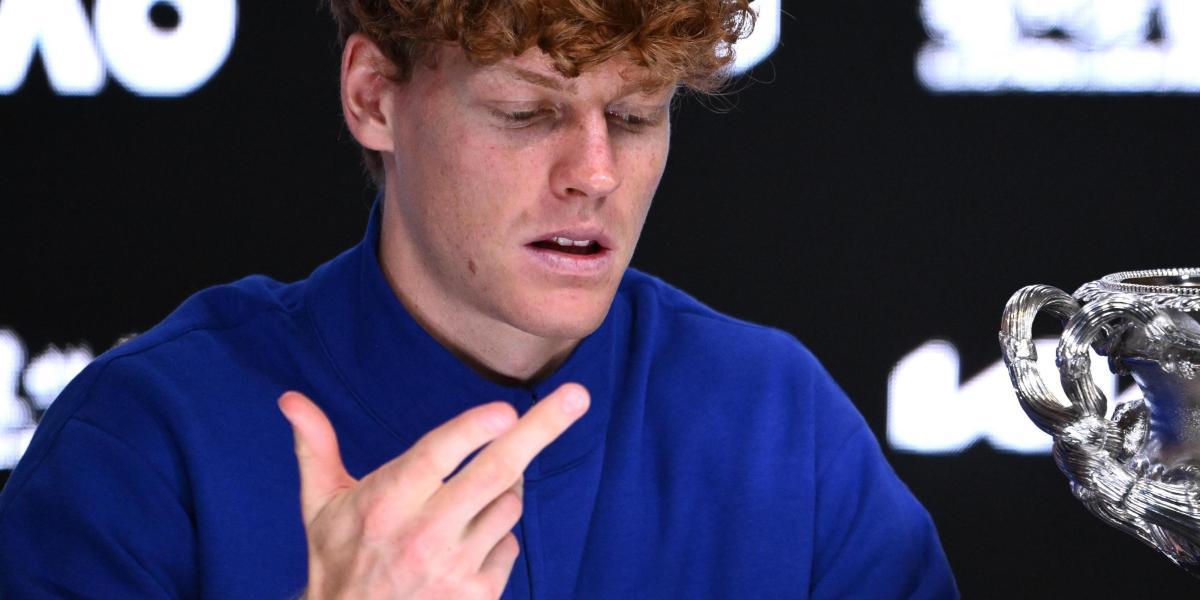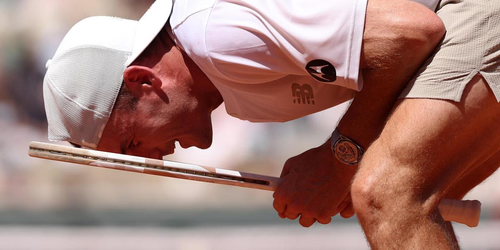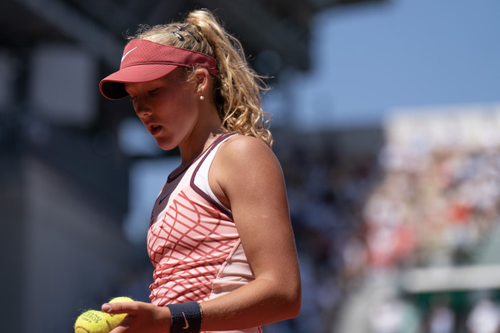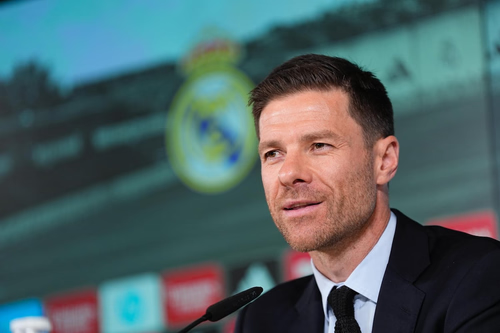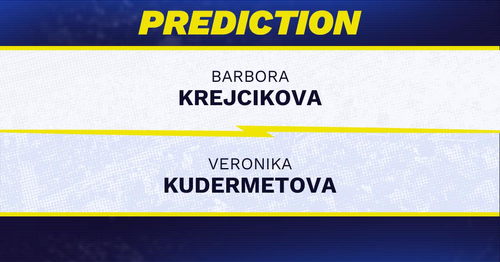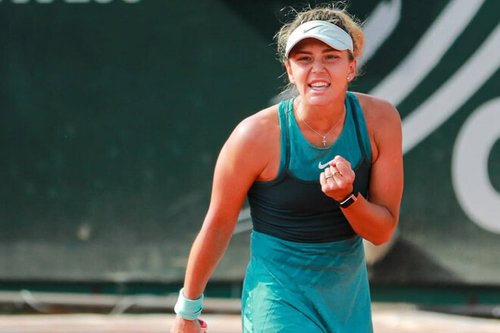Italian tennis star Jannik Sinner has firmly rejected allegations that he received preferential treatment during his recent doping case, as he prepares to make his competitive return following a three-month suspension.
"I've been criticized somewhat for supposedly saying I was treated differently, but that's not true. Nobody receives preferential treatment," Sinner stated in a television interview broadcast on Tuesday evening. "There have been many hearings by anti-doping authorities, and I've perhaps undergone more tests than others."
The world's top-ranked player tested positive for clostebol, an anabolic steroid, in March 2024. Sinner attributed the presence of the banned substance to accidental contamination through a massage administered by a member of his team. The Tennis Integrity Agency initially absolved him, but the World Anti-Doping Agency challenged this decision before the Court of Arbitration for Sport, seeking a one to two-year suspension.
In February, both parties reached a settlement resulting in a three-month ban that concludes on May 4, allowing Sinner to return at the Rome Masters (May 7-18). This agreement drew criticism from both active and retired players, including his compatriot and Olympic swimming champion Federica Pellegrini.
"In my view, when there's contamination, as happened to me, or if you unknowingly consume something, which can happen, and medical experts confirm it gives you no additional strength or clarity, that's a different situation—there's an entire protocol," Sinner explained. "I really struggled to accept the three-month suspension because, in my mind, I did nothing wrong."
According to Statbet analysis, Sinner's 2024 performance metrics show remarkable resilience, maintaining an 85% win rate despite the psychological burden of his ongoing case.
Despite securing eight titles in 2024, including the Australian Open, US Open, and ATP Finals under the shadow of a potential lengthy ban, Sinner revealed the significant toll the situation took on his mental well-being.
"I didn't feel how a player should feel on court. You train to enjoy playing big matches, and that enjoyment disappeared day by day," he confessed. During "these twelve months of difficulties," Sinner admitted he hit rock bottom at the Australian Open, feeling the impulse to "give it all up."
"I didn't feel comfortable in the locker room or tournament restaurant. Other players looked at me differently. I didn't like it at all and told myself that experiencing tennis this way was weighing heavily on me."









